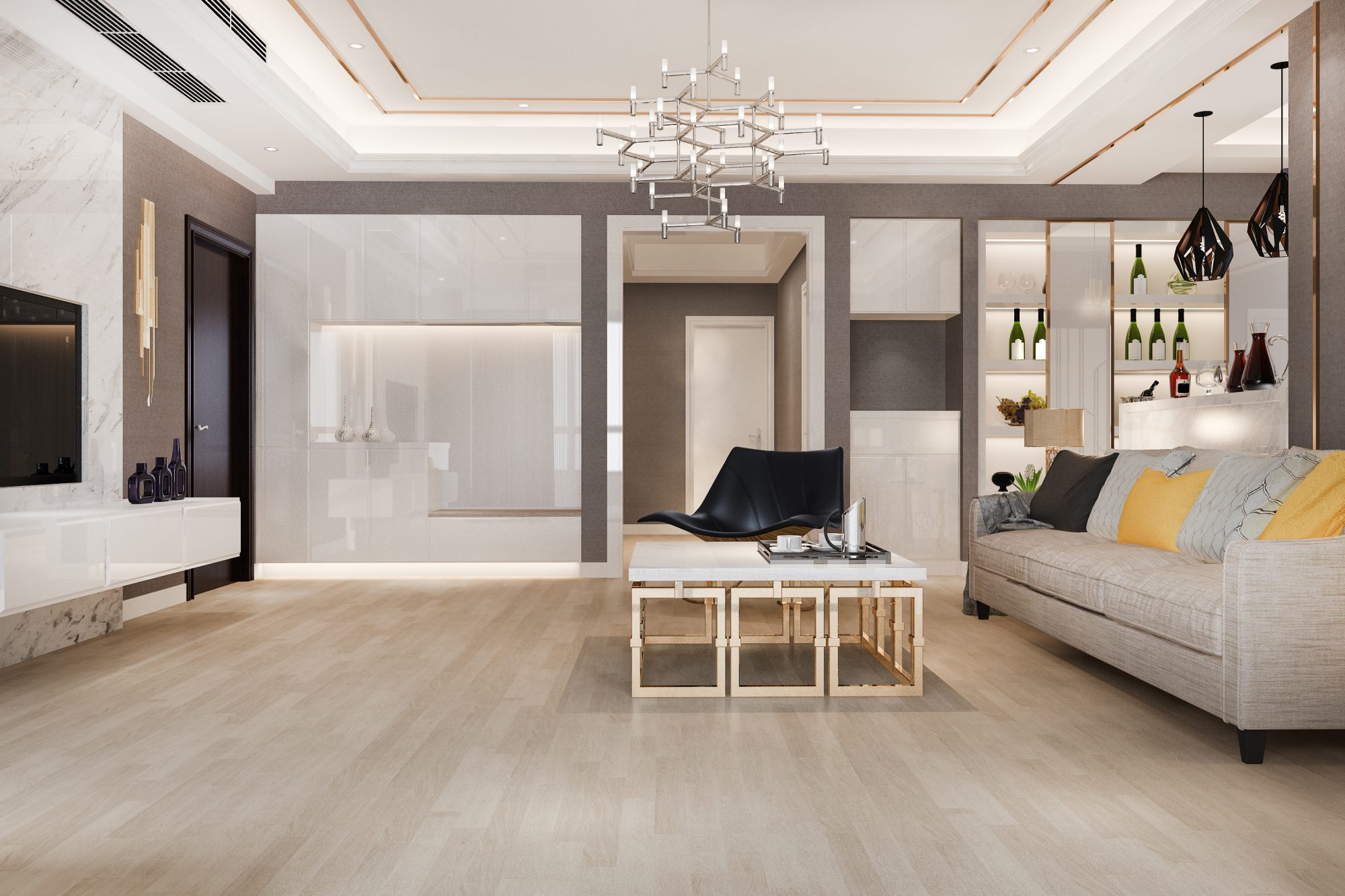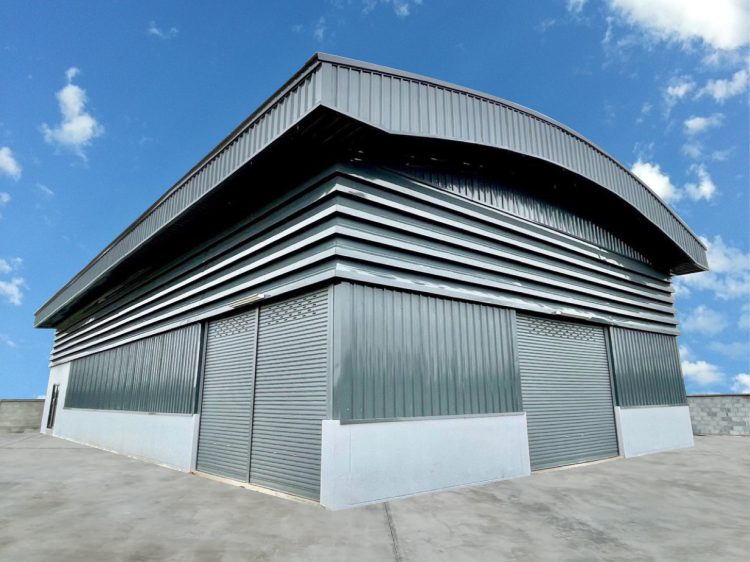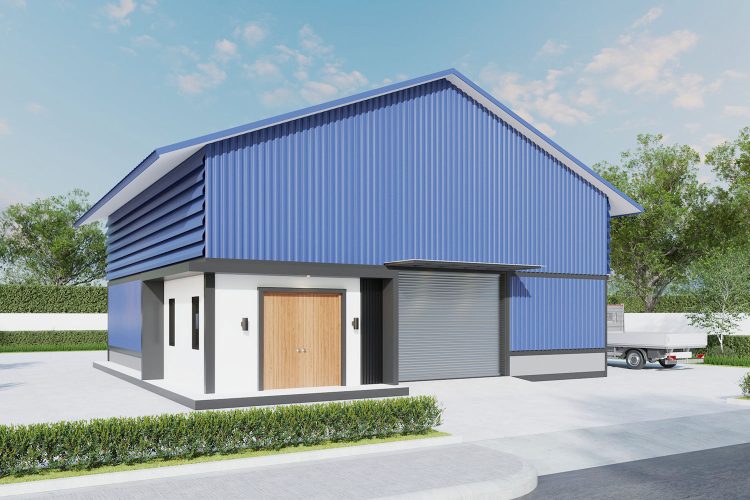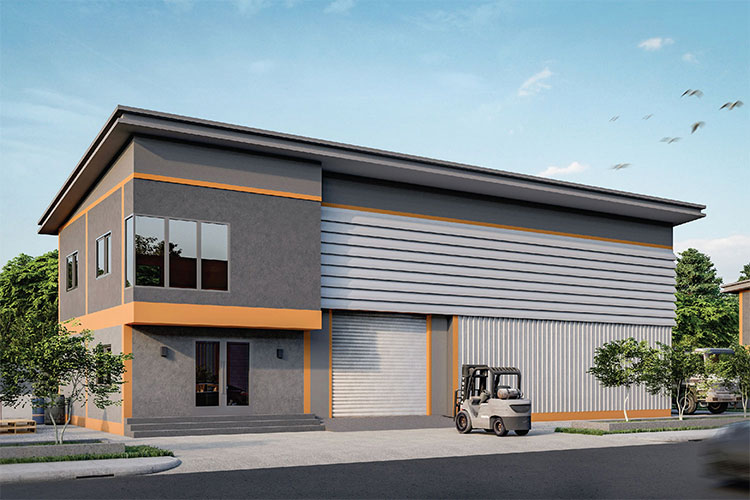1.) Laminate Wood Flooring
Laminate flooring is a modern flooring option manufactured using advanced techniques, incorporating wood as one of its components. This type of flooring has gained significant popularity due to its durability, attractive wood-like appearance, and ease of installation. Unlike traditional methods that relied on glue, laminate flooring utilizes a user-friendly locking system, allowing for swift and straightforward installation. In terms of lifespan, standard grades generally offer an average service life of 10-15 years, while premium grades can last for more than 15 years.
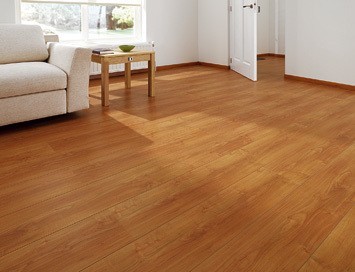
Materials:
Laminate flooring is composed of wood powder or wood dust obtained from hardwood. These hardwood materials undergo a compression process or are finely ground. In this process, various chemicals, including melamine and anti-moisture additives, are mixed to enhance the material’s effectiveness and durability. The result is a robust wooden plate divided into four layers of components, as detailed below:
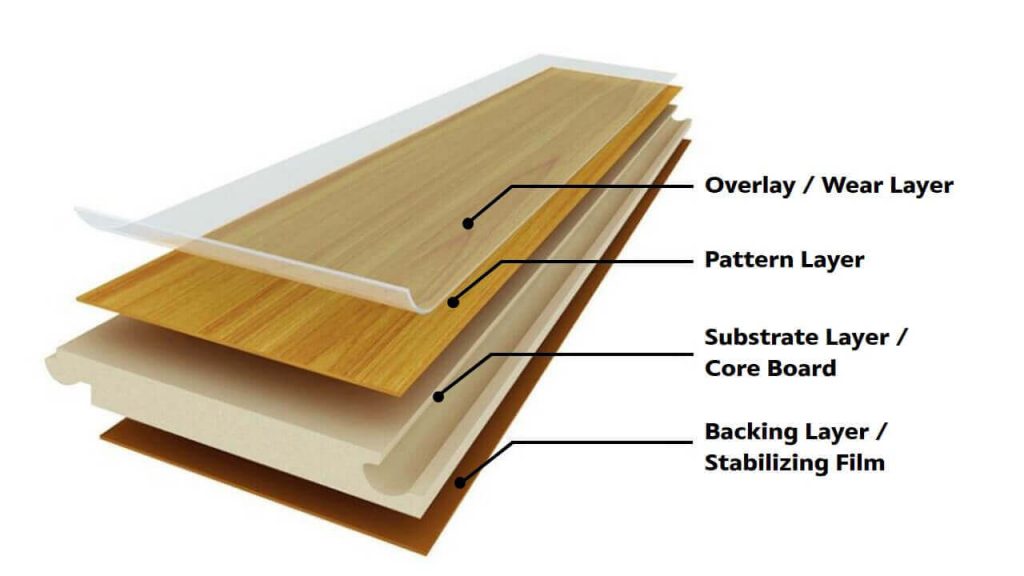
Pros:
- Possesses an exquisite texture that closely resembles real wood.
- Offers the flexibility to choose from a wide range of colors and wood patterns according to our preferences.
- Exhibits exceptional resistance to weight, impacts, and scratches.
- Features a lightweight construction, making handling and installation easier.
- Enables simple and quick sheet replacement at specific points without the need to dismantle the entire flooring, thanks to the Click Lock system, which securely connects the wooden panels.
- Can be easily laid over existing ceramic tile floors, simplifying the installation process and saving time and effort.
Cons:
- Laminate flooring is not water and humidity-resistant. Prolonged exposure to water for 12 hours or more can result in swelling, warping, and distortion.
- Using a lower grade of laminate increases the risk of termite damage.
- The flooring is susceptible to damage when subjected to sharp and pointed objects, such as high heels, which can leave puncture marks or dents.
- Avoid cleaning laminate flooring with wax, polish, or soap-containing liquids, as they can cause damage to the surface.
Application:
Laminate flooring is recommended for indoor use only. It is not suitable for high-traffic public buildings or areas with heavy transportation and frequent towing of heavy items, such as hotel lobbies, airport halls, shopping mall corridors, or hospital walkways. For optimal performance and longevity, laminate flooring is best suited for residential and lighter foot traffic environments.
2.) Granito Flooring
Granito tiles are known for their exceptional strength. Thanks to advances in technology, these tiles now come in a wide array of colors and sizes, providing a diverse range of options for customers. The pricing of granite tiles is influenced by their quality, which is determined by a harmonious balance between durability and aesthetics. Manufacturers may incorporate varying amounts of granite powder in their production process, resulting in different quality grades and corresponding price points. As a result, the quality and production process play significant roles in determining the value of granite tiles.
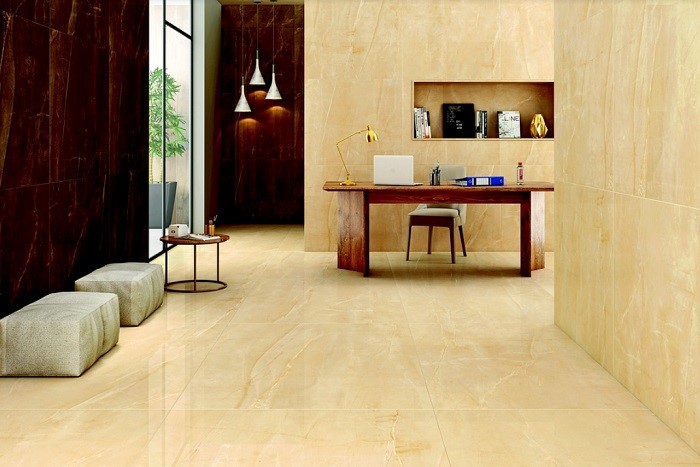
Materials:
Granito tiles are crafted by subjecting granite powder to a high-heat firing process, resulting in the formation of durable and stylish tiles.
Pros:
- Granito tiles exhibit exceptional strength and durability, making them a long-lasting flooring option that can withstand the test of time.
- The tiles are highly resistant to scratching, ensuring their appearance remains pristine even after years of use.
- They are impervious to termites and humidity, making them ideal for tropical climates.
- Being resistant to high heat, non-flammable, odorless, and non-conductive, granito tiles offer enhanced safety and practicality.
- Installation is quick and easy, saving time and effort during the flooring process.
- With a wide variety of patterns and colors available, granito tiles provide ample design options to suit any interior.
- Granito tiles are affordable without compromising on quality, making them accessible to a broader range of buyers.
- The tiles’ cool surface contributes to maintaining a comfortable indoor climate, even in hot weather conditions.
- Cleaning granito tiles is a breeze, simplifying maintenance and ensuring a hygienic environment.
Cons:
- Once dismantled, granito tiles cannot be reused.
- They are not recommended for areas that need to bear heavy loads, as they may be prone to cracking or breaking under excessive weight.
- The cool touch surface of granito tiles may not be suitable for use in rooms intended for the elderly or individuals with allergies, as it could potentially cause discomfort.
Application:
Granito tiles are versatile and can be used both indoors and outdoors. For external use, they provide a rough surface that helps prevent slipping, making them suitable for various applications.
Before finalizing any flooring material for your project, it’s essential to carefully consider the features, advantages, and disadvantages of each type. Providing customers with information about different flooring materials will enable them to make informed decisions based on their specific needs and business requirements.

